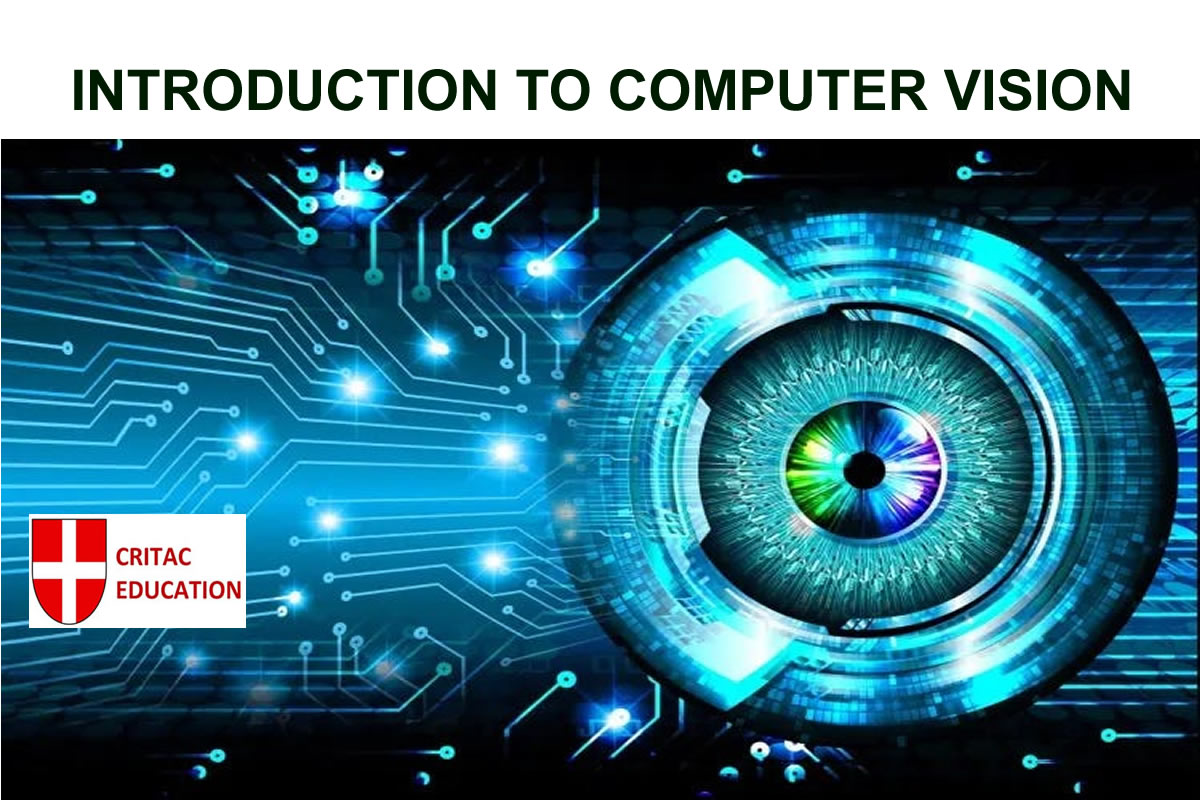This course provides a comprehensive introduction to computer vision, a field of artificial intelligence focused on enabling machines to interpret and understand visual information from the surrounding environment. Participants will explore the foundational principles, techniques, and applications of computer vision, gaining a deeper understanding of how machines perceive and analyze visual data.
The course begins by establishing the foundational concepts of computer vision, including the underlying principles of image formation and representation. Participants will learn about the basic components of images, such as pixels, color spaces, and image formats, laying the groundwork for subsequent modules.
Throughout the modules, participants will delve into key topics such as image filtering, feature detection, and image segmentation, understanding how these techniques are used to preprocess and extract meaningful information from images. They will also explore advanced topics such as object recognition, classification, and scene understanding, gaining insights into the algorithms and methods employed to identify and interpret objects and scenes in images.
Moreover, the course covers essential concepts in motion analysis and 3D computer vision, enabling participants to understand how machines perceive and analyze dynamic visual phenomena and three-dimensional spatial information.
Participants will also be introduced to the role of deep learning in computer vision, exploring how neural networks and convolutional neural networks (CNNs) are used to achieve state-of-the-art performance in various computer vision tasks.
Ethical considerations surrounding the use of computer vision technologies are also addressed, emphasizing the importance of responsible development and deployment to mitigate potential risks and societal impacts.
Finally, the course concludes with a discussion on the challenges and future trends in computer vision, enabling participants to anticipate and navigate the evolving landscape of this rapidly advancing field.
Who This Course Is For:
This course is designed for professionals, students, and enthusiasts who are interested in gaining a foundational understanding of computer vision. It is suitable for individuals with backgrounds in computer science, engineering, mathematics, or related fields, as well as those working in industries where computer vision technologies are increasingly applied, such as robotics, healthcare, automotive, surveillance, and entertainment. Whether you are a beginner looking to explore the fundamentals of computer vision or a practitioner seeking to enhance your knowledge and skills in this field, this course provides valuable insights and practical knowledge to kickstart your journey in computer vision.
